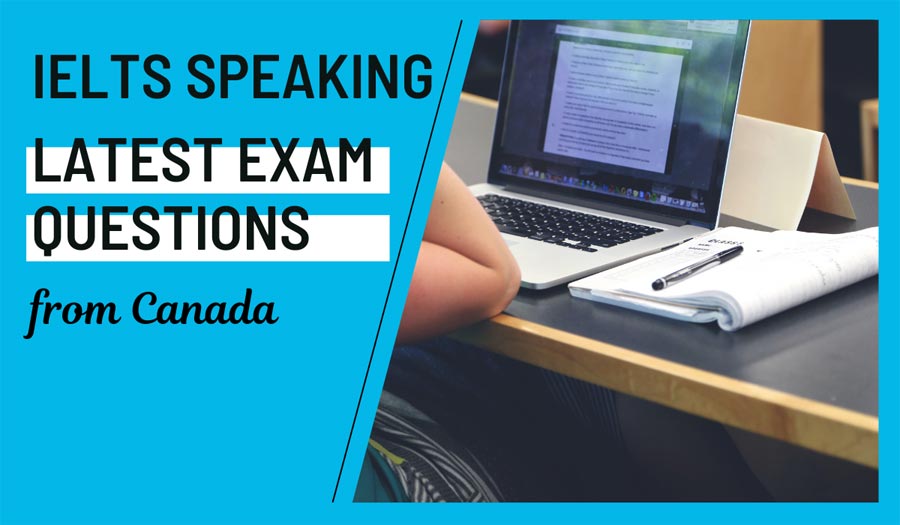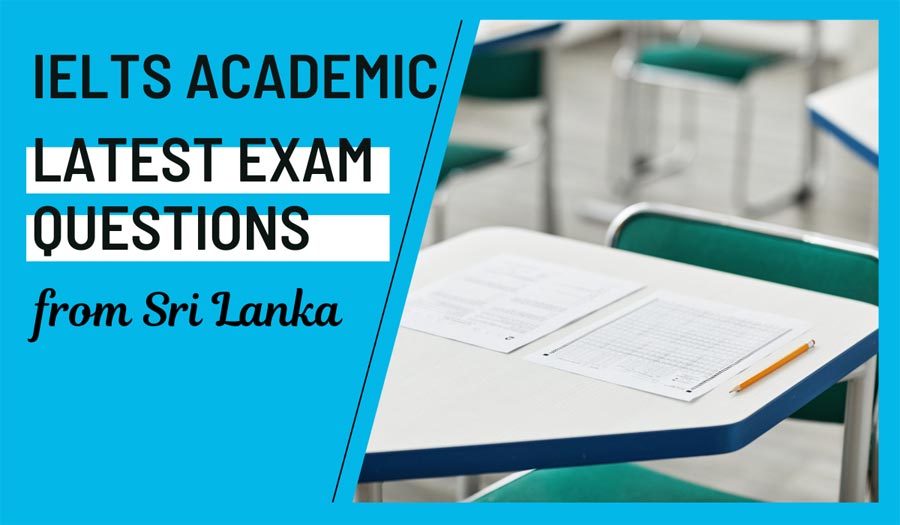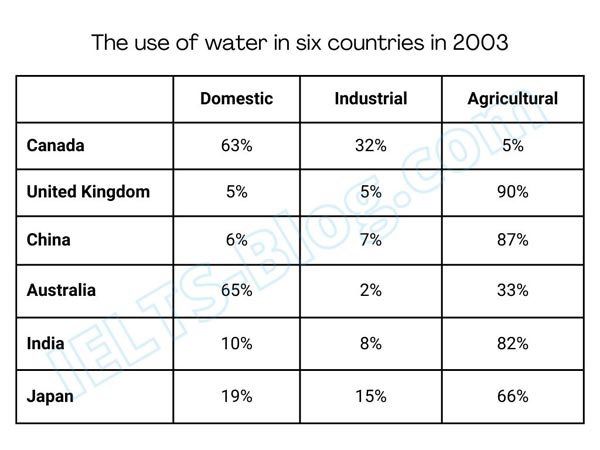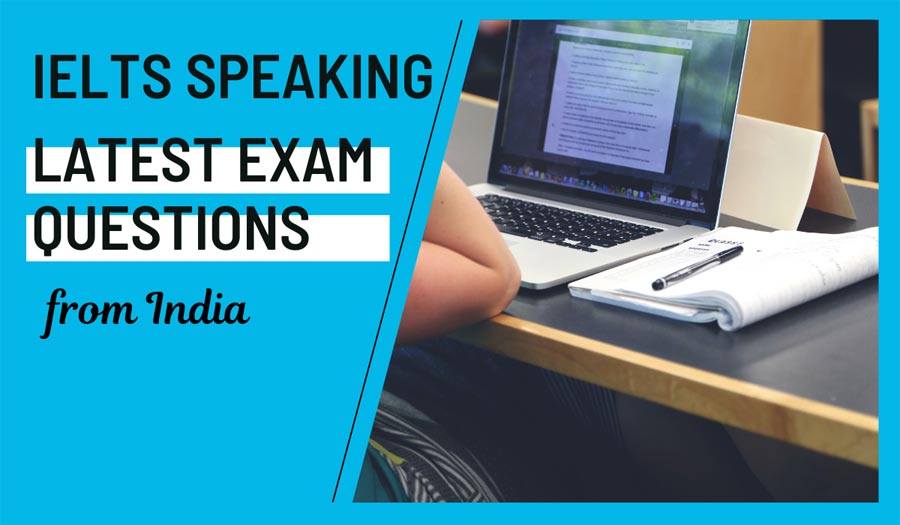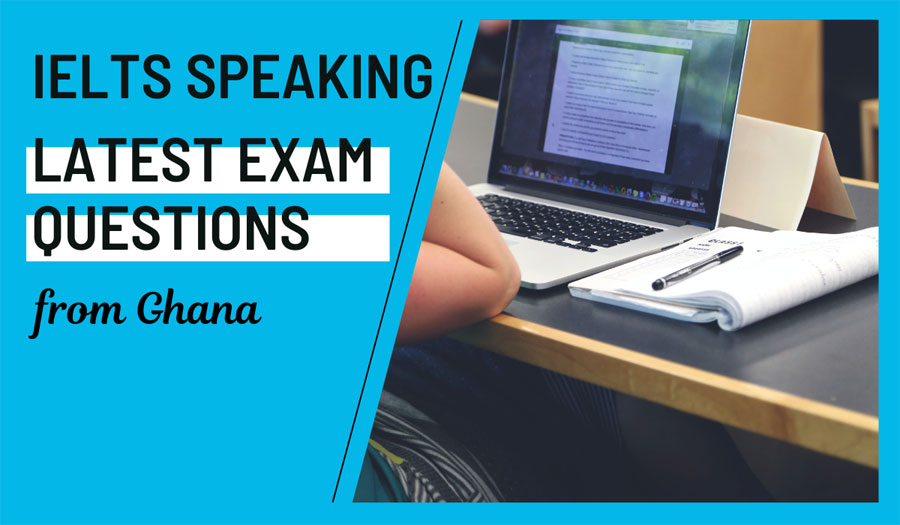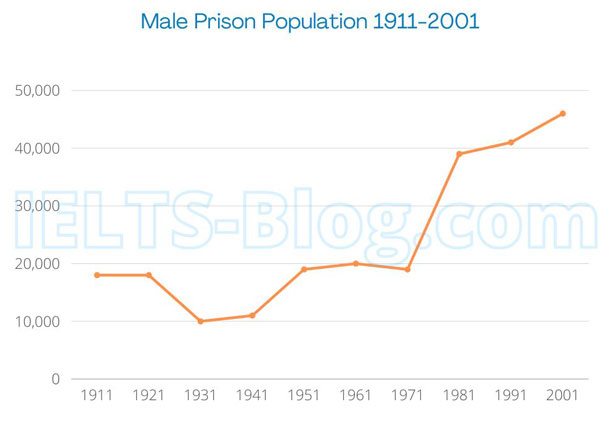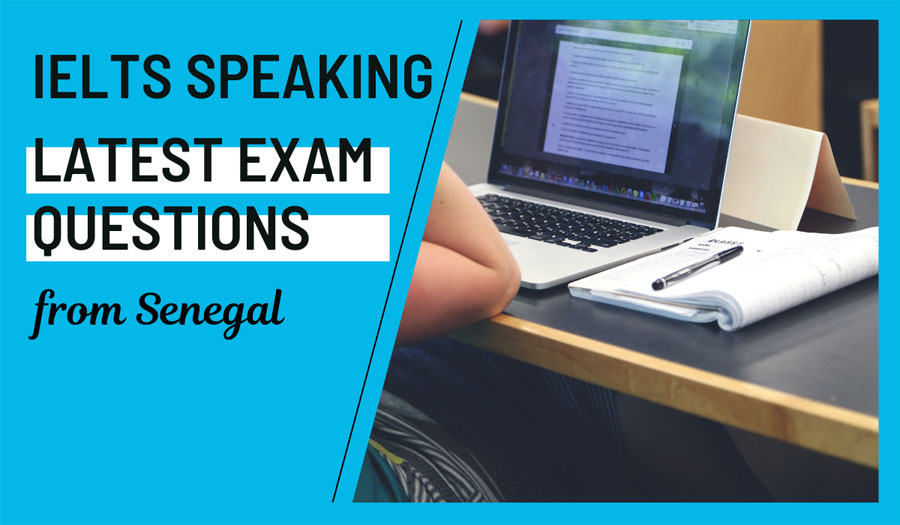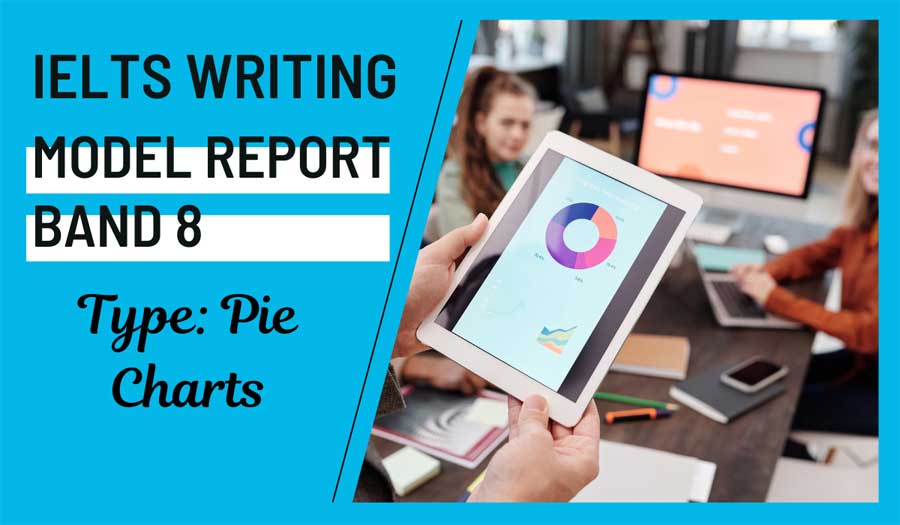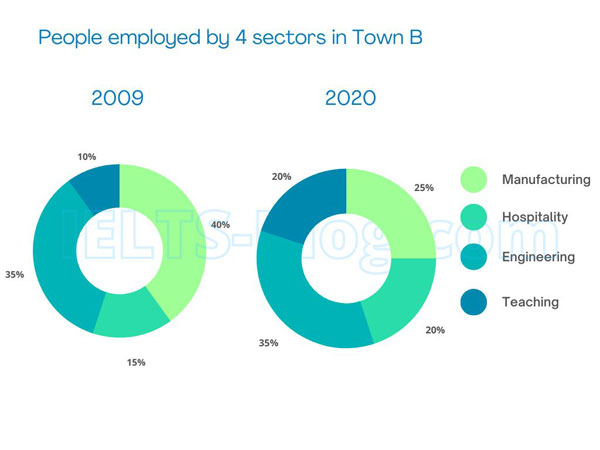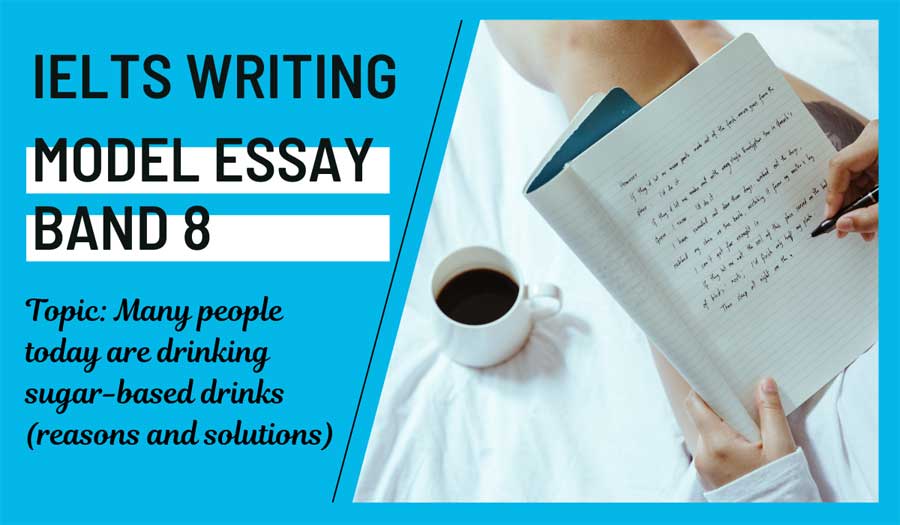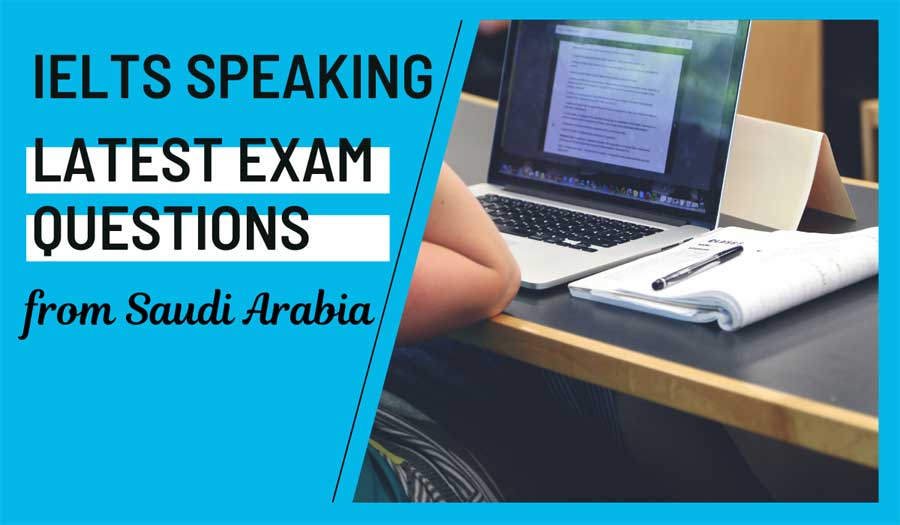
There is a new way to take IELTS: it is called IELTS online and you take the test from the privacy of your home. At the moment you can only take an Academic IELTS test online (not General Training), and your IELTS certificate isn’t acceptable for immigration purposes.
Many people are curious about this convenient option, but also a little bit cautious because it is very new. It is only human to fear the unknown, and the best antidote is to get some information – which is why we have interviewed a student who took IELTS online very recently.
Francesco took IELTS online from his home in Italy, and here is what he said about his experience:
Before taking the test, Francesco downloaded a special software that locks your computer down to the IELTS test and doesn’t let you visit any other websites. It shuts down all the processes running in the background on your computer.
Before the test started, Francesco showed his passport to the proctor who took some time to verify the document. Who is a proctor? It is an IELTS invigilator who monitors your Listening, Reading, and Writing tests online.
The check-in process is very thorough as the proctor asks you to show every single angle of the room. Also, they don’t want you to move your head nor your lips when you read (and they interrupt you during the exam if you are doing so).
Once the identification process is over and the test begins, you don’t see the proctor anymore, but if they think there is something wrong with the way you behave (you are moving your lips, etc), they will block you and then you will see their face as they talk to you.
To take a bathroom break, you need to get the proctor’s attention by raising your hand and waiting until they respond to you. You can’t leave your desk without their permission. Only one 5-minute bathroom break is allowed and you must take it between test sections (after the Listening test and before the Reading test, or after the Reading test and before the Writing test). When you come back from the break, you need to go through the whole check in process again, grab your laptop and do another 360 degree check of the room (ceiling and floor included).
The order of the sub-tests is Listening, Reading and Writing. Each sub-test has a fixed duration, and the software takes you through them automatically, so you don’t need to do anything to go from Listening to Reading or from Reading to Writing. It is important to know that you can only change your answers while you’re in the same sub-test. For example, if the Listening test has finished and you were taken to the Reading test, you won’t be able to go back and change your Listening answers. The Speaking test is usually taken a day or two before the other 3 sections and you do it via a video call with the examiner.
Francesco’s first impression of the Listening test was that it seemed easier than the practice tests he did previously. Instead of filling in the blanks with his own words, there were alternatives presented that he could choose from. However, they didn’t spell two personal names on the recording so he couldn’t grasp them. He wasn’t allowed to use scratch paper in the Listening test to take notes, but it was possible to type notes on screen. You just need to right click on any part of the text, and then you’ll be able to type notes.
In the Speaking test, in Parts 1 and 3 the examiner asked the questions on a video call. In Part 2 they showed a cue card on the screen and then gave Francesco 1 minute to think and write down notes on the IELTS software. Francesco liked the attitude of the examiner who asked follow-up questions based on his responses, so that was really nice.
So, if you are interested in taking IELTS Online, here is the list of countries where it is currently available:
Argentina, Austria, Australia, Belgium, Bolivia, Brazil, Cameroon, Cambodia, Canada, Chile, Colombia, Cuba, Dominican Republic, Ecuador, Egypt, Ethiopia, Finland, France, Germany, Ghana, Hong Kong, Indonesia, Italy, Jamaica, Japan, Laos, Macao, Malaysia, Morocco, Myanmar, Netherlands, New Zealand, Paraguay, Philippines, Portugal, Qatar, Singapore, South Korea, Taiwan, Thailand, Trinidad and Tobago, Turkey, Uganda, Ukraine, Venezuela, Zambia and Zimbabwe.
If you intend to take IELTS Online (or the computer-delivered IELTS), the best way to prepare is on a computer, and we have developed a website with an interface very similar to the one you will see in your IELTS exam. Visit our IELTS Online Prep Platform today and make the most of your preparation by signing up for the free trial. You will be able to do a complete IELTS test (with or without time limits), see your score, check your answers and get help with understanding why these answers are correct. To continue practicing you can unlock more practice tests for a minimal fee – we intentionally made it extremely affordable for our students.
Do you have questions about IELTS online? You can ask them in comments.
https://ift.tt/kJuqmES
from IELTS-Blog https://ift.tt/OUzuKYT
via
IFTTT

